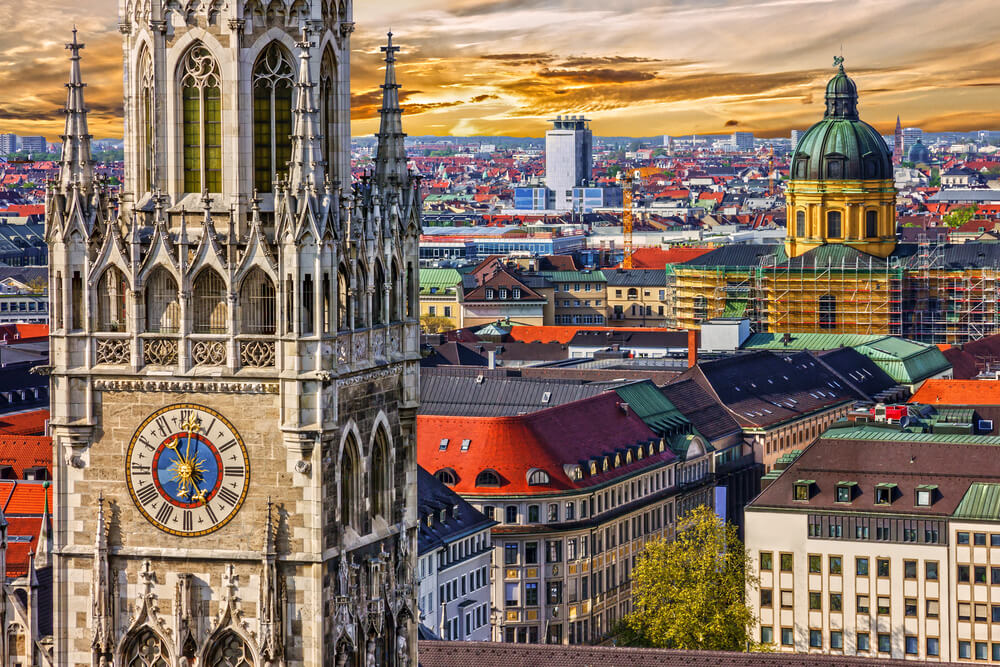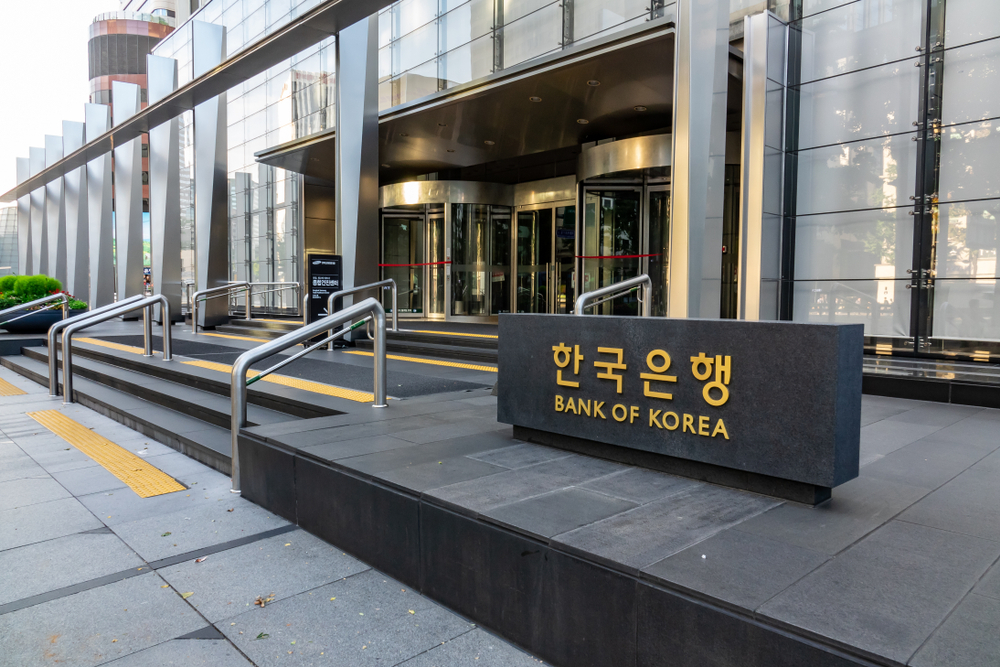Germany’s election, set less than a month away, is expected to mark the end of Angela Merkel’s 16 years as chancellor. The significant event, which markets are bracing for, is still filled with uncertainty at the moment.
For the first time in 15 years this week, the country’s centre-left Social Democrats (SPD) have taken a poll lead over Merkel’s conservative Christian Democrats (CDU).
The Greens were previously tipped to be the leading party in a coalition with the CDU/CSU bloc but they lost ground in the polls. Moreover, approval ratings for CDU leader Armin Laschet fell. These caused further uncertainty.
The symbolic colours of the parties are black for CDU/CSU, yellow for FDP, green for the Greens and red for SPD.
Berenberg chief economist Holger Schmieding sees the shift towards the SPD as “modestly negative for markets”. This is because it raises the risk of protracted uncertainty. He said that German elections rarely make market waves but the range of possible outcomes is wider than in the past.
Schmieding also said that for the first time this year, polls suggest that a two-way coalition between the CDU/CSU and the Greens would be narrowly short of a majority of seats.
German Businesses and Supply Issues
German businesses are concerned about supply bottlenecks. Manufacturers in Germany are often the main economic driver in Europe. The sector is beset with worries that a global supply squeeze and the surges in Covid infections related to the Delta variant will hurt the region’s economic recovery.
For the second month in a row, the Ifo Institute’s influential business climate index fell to 99.4 in August from 100.7 the month prior.
In a statement, Ifo President Clemens Fuest said that supply bottlenecks for intermediate products in manufacturing and worries about rising infection numbers are putting a strain on the economy.
According to data on Wednesday, German exports to China decreased by 3.9% YoY, the first dip since August last year. China is Germany’s second biggest sales market outside of the European Union.
However, European Central Bank Vice President Luis de Guindos said earlier on Wednesday that the central bank could revise up its macroeconomic projections for the eurozone in September. That follows recent solid activity indicators in the Q3.
Meanwhile, German stocks were lower on Wednesday. This came after weaker economic sentiment data, despite the broader European market holding near record highs ahead of the Fed symposium on Friday.
















